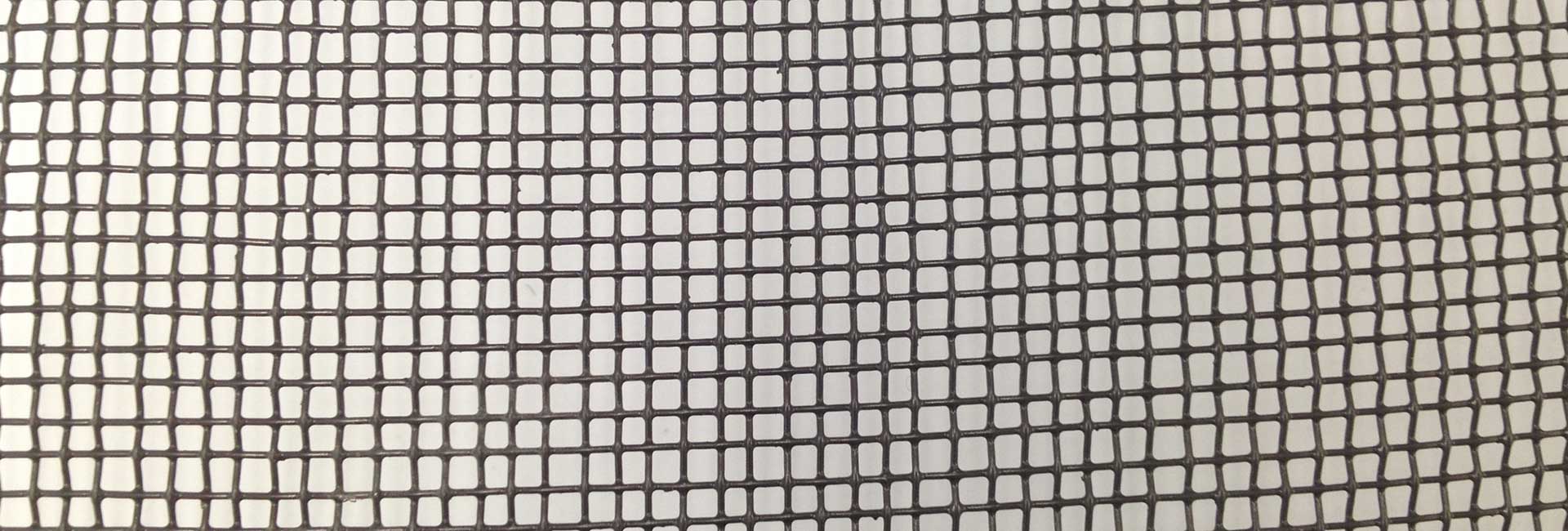If you’ve never bought gutter mesh before, trying to select the right mesh for your home can feel overwhelming.
While it’s obvious that differences such as aperture (hole size), installation, manufacture and colour mean that not all gutter mesh is created equal, it can be difficult to know what this actually means for you and your home.
However, if you’re in the market for gutter mesh, one of the most important differences to consider is the material your mesh is made from.
Mesh materials
In Australia, most gutter mesh is made from plastic, aluminium or a form of steel. Your choice of mesh materials will depend on many factors, including your budget, mesh strength requirements, bushfire risk and more. So it’s important to consider your property’s location, environment and needs as you compare the different options that are available.
UV
Steel and aluminium are naturally resistant to UV breakdown, so if you’re planning on using steel or aluminium, UV isn’t a problem.
If you’re considering using a plastic gutter mesh, always check with the supplier or manufacturer to get details on its UV performance. UV treatments can extend the life of plastic gutter mesh, but different treatments will come with different length warranties.
Fire
Heat-resistant aluminium and steel gutter mesh products are non-combustible, meaning they shouldn’t burn if your home is exposed to bushfire or ember attack. Similarly, many plastic gutter meshes are designed to be non-combustible, meaning they don’t burn when exposed to fire.
However, only a gutter mesh with an aperture of 2mm or smaller that’s made from aluminium, bronze or corrosion-resistant steel (for properties in areas with a BAL of 12.5, 19 or 25) or from bronze or corrosion-resistant steel (for properties in areas with a BAL of 40 or FZ) will be designed to help your home or building withstand ember attack by keeping embers out of your gutters and the space between your gutters and roof.
When choosing between plastic and metal gutter mesh, it’s therefore important to consider whether or not you need a metal mesh to meet your bushfire resistance needs.
Corrosion
Technically speaking, everything in nature corrodes. However, different materials corrode at different rates.
The fact that you’ve probably never heard of plastic corrosion is a good illustration of how slowly plastic tends to corrode.
However, when matched to your building’s materials and properly installed, aluminium and steel gutter mesh are also highly durable from a corrosion perspective, so regardless of your corrosion needs, both plastic and metal will generally be appropriate.
Strength
Different types of gutter mesh have different levels of strength.
We’ve tested the strength of our range of gutter mesh with a focus on puncture resistance (to measure susceptibility to hail damage or falling branches) and load-bearing capacity (to measure susceptibility to damage from accumulated hail or snow, fallen branches and large animals). In both, aluminium proved to be strong. However, steel was consistently stronger.
Mesh strength is an important factor in any buying decision, as punctures, rips and tears can significantly compromise your gutter mesh’s performance. So you should always consider your strength requirements and select the right gutter mesh to match.
Try Mesh Matcher
At Blue Mountain Co Gutter Mesh, we offer both Aluminium and Steel gutter mesh products.
Our comprehensive range reflects the reality that different gutter mesh options are better suited to different properties and environments.
To help you determine which metal gutter mesh option/s are fit-for-purpose for your home, we’ve designed Mesh Matcher. A quick and easy-to-use tool, Mesh Matcher helps you understand which factors you need to consider in order to select the most suitable gutter mesh for your home.
